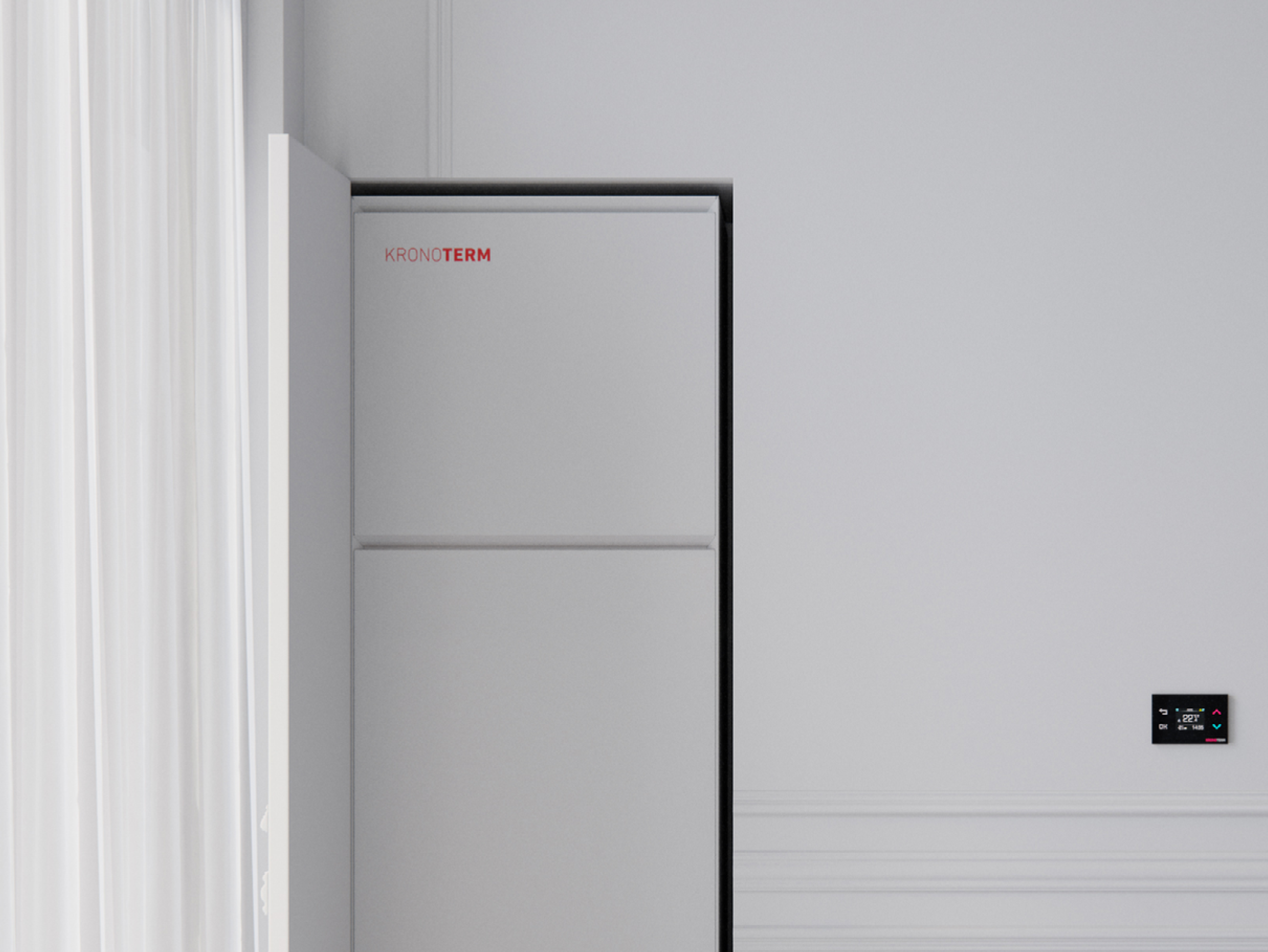Green oil and green gas are fuels derived from renewable sources such as biomass and biogas, promoted as eco-friendly alternatives to fossil fuels. Advocates and manufacturers highlight their potential in reducing carbon footprints and enhancing energy independence. However, upon closer inspection, they reveal significant drawbacks, particularly when compared to heat pumps, which present a more sustainable and efficient solution.




